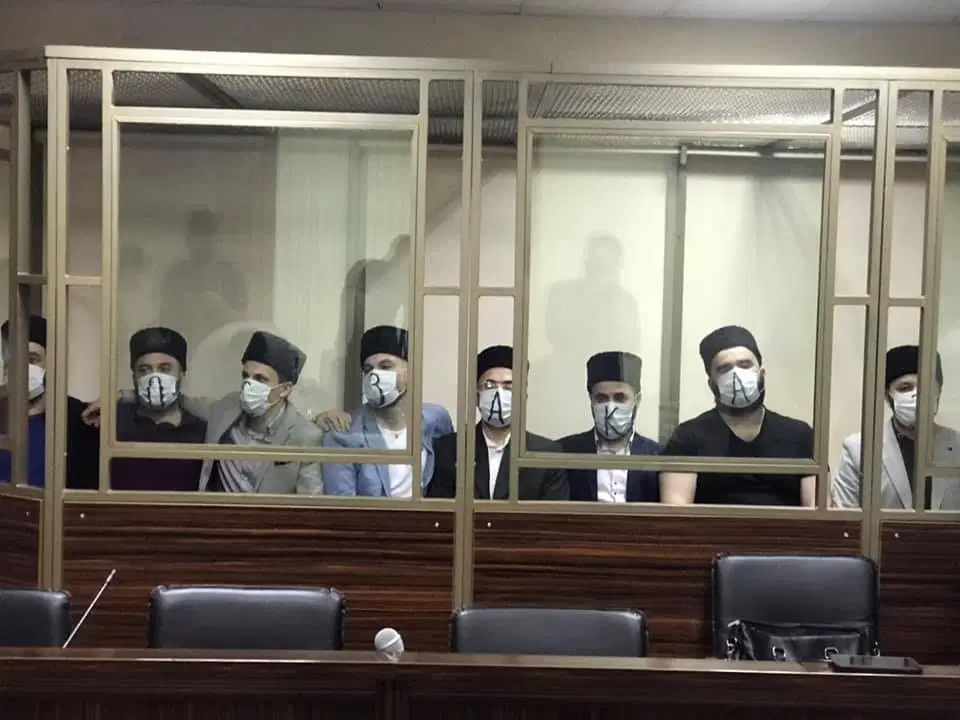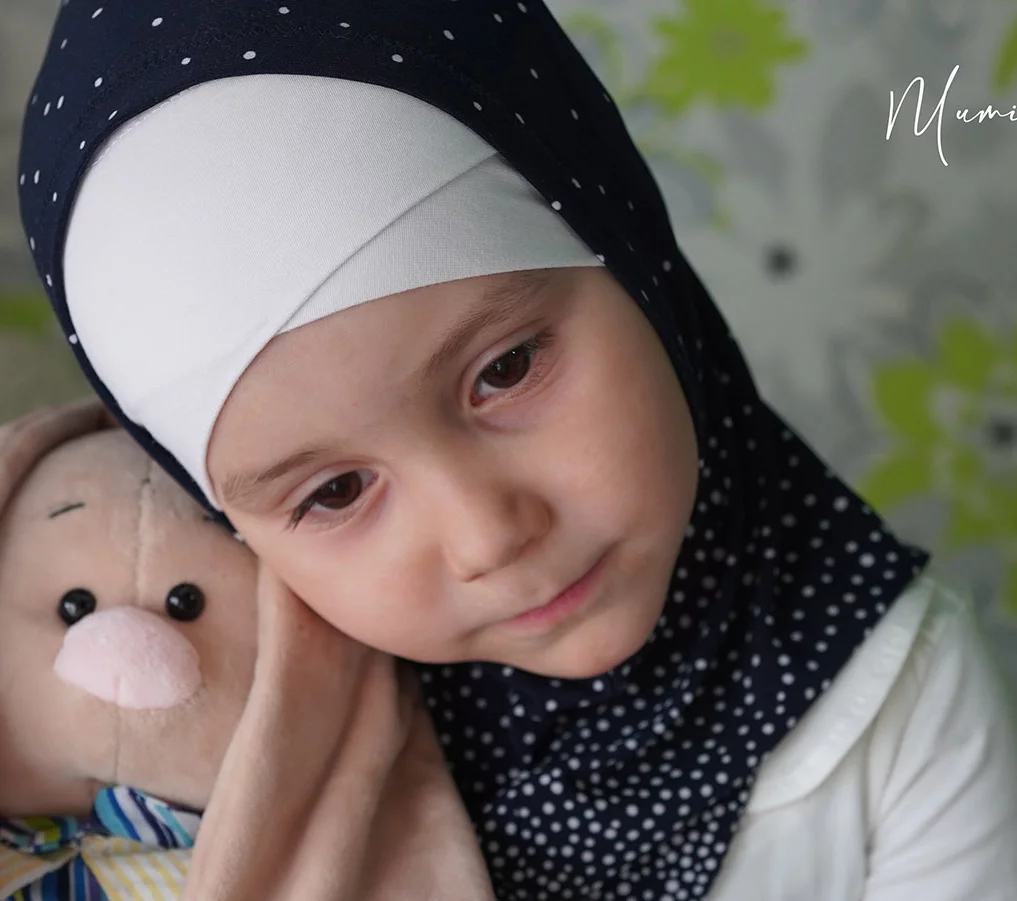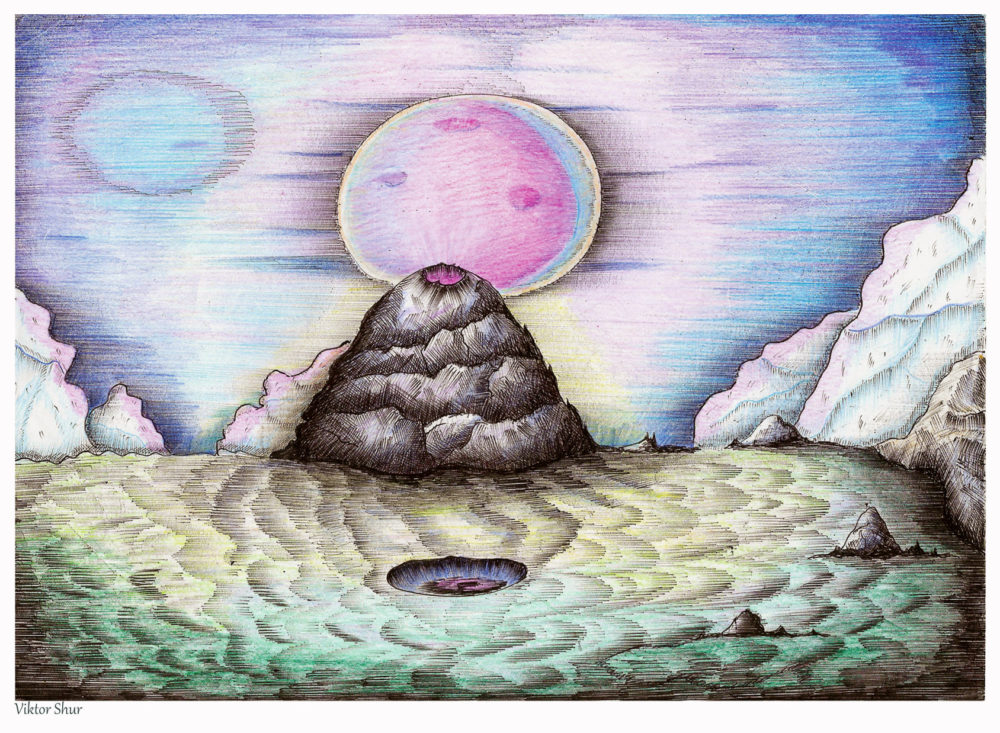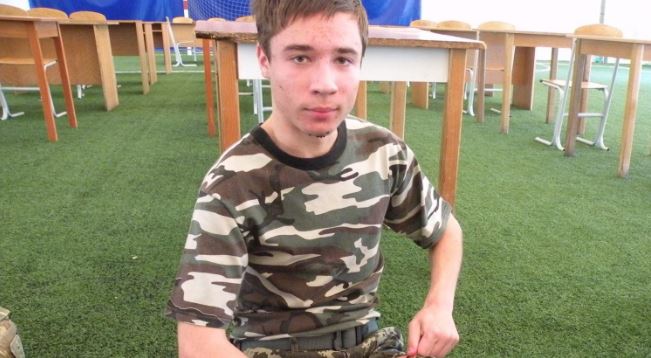Do you need to jail a political opponent? Demonize an entire ethnicity for geopolitical benefits? Look no further, we have the perfect guide for you. Russia currently holds behind bars at least 121 Ukrainians for politically motivated reasons. The bulk of them are Crimean Tatars arrested in occupied Crimea, where Russia has used its full arsenal of methods of fabricating trials, many hailing back to Soviet times, to imprison this indigenous Muslim nation critical to Russia’s landgrab.
Euromaidan Press has rounded up top-five legal tools Russian judges never hesitate to abuse to jail those who need to be jailed. They include but are not limited to:
- Planted evidence
- Pocket expert assessments
- Marionette witnesses
- Coerced confessions
- Closed trials
1. Planted evidence
It is common knowledge that Hizb ut-Tahrir is a transnational pan-Islamist organization that publicly disavows violence and none of its members has been convicted of a terrorist act. But not for Russia. It is one of two states globally (with Uzbekistan) to have for some mysterious reason likened Hizb ut-Tahrir to a terrorist organization.

Hizb ut-Tahrir charges are often grounded on accusations of keeping “prohibited books.” Why would the Russian security forces walk an extra mile to determine if there is any real evidence when they can just plant these books during raids in Crimean Tatar homes or offices? And that is exactly what they do.

2. Pocket expert assessments
What the Russian authorities are especially good at is engaging pocket experts to acquire concocted evidence against Crimeans.

In a notorious Hizb ut-Tahrir case against eight de facto innocent Crimean Tatars, (also known as the Second Bakhchysarai case), a recording of conversations about Islam inside a mosque in Bakchysarai town was presented as the key proof.
Nikolai Artykbaev as the chief procurator in this case was responsible for transcribing the recordings. And the fact he dropped many balls in performing this task due to no knowledge of Arabic did not even matter. Because a loyal to Russia kangaroo court in Crimea will always rule in favour of the prosecution and hearings will always remain a mere formality.
Some pocket “experts” from the Center of Linguistic Expertise of the Ufa Pedagogical University analysed erroneous transcripts to make even more errors and finally affirm the accused affiliation with Hizb ut-Tahrir.
Yelena Novozhilova, an independent expert, carried out an analysis of the Center’s assessment. She found that these experts had very limited knowledge of Islam, and, hence, could not be deemed competent to issue an opinion. Novozhilova noted that the opinion of the Center’s experts was built merely on the belief that Islam is a “silent” religion and is not characterized by manifestations or ceremonies. In other words, this is just one of the Russian pocket “expert” assessments dragged in by the head and shoulders.

3. Marionette witnesses
Marionette witnesses are people who the Russian Federal Security Service keep a tight rein on. Often, they stay in Crimea illegally or serve
in Russian security agencies. Put it another way, it is out of the question that secret witnesses speak the truth.
The prosecutors in the Second Bakchysarai case presented “secret witness Bekirov,” who was recognized by the defence as Salohiddin Nazrullaev, an Uzbek citizen. According to the accused, Nazrullaev struggled financially and had nationality issues. They further added that the witness was coerced to testify from the prosecutor’s side at risk of having his child taken away.
The interrogations of the secret witness made it obvious that his testimonies were falsified. He would take numerous pauses during his speech while third-party voices could be noticed, regularly engulf himself in controversies, fail to elucidate these inconsistencies, not remember most allegedly incriminating specifics, and make absurd points. To make the case even worse, the defense’s questions to nail down witness’ lies were disallowed by the court under various excuses.
All in all, the evidence presented by witnesses does not provide the basis for accusing the eight Crimean Tatars of terrorism or affiliation with the Islamic party.

4. Coerced confessions
Torturing innocent people to get wrongful confessions has never been a problem for Russian security services.
Raim Aivazov is one of the defendants in the Hizb ut-Tahrir case against the Second Simferopol group. Raim advised his lawyer Mariya Eismont that the Federal Security Service operatives had kidnapped, brought him to a field and shot a gun to mock execution as mental torture. They also pressured him to give self-incriminatory statements he refused later during trial.

Mariia Eismont believed that Raim’s Apple iPhone 7 which was with him during his kidnapping and tortures, would serve as crucial evidence. But the court turned down her respective motion for calling evidence.
5. Closed trials
Russian authorities know perfectly well that closed trials are the handiest way to violate criminal procedure. The proceedings against the Crimeans are oftentimes either officially closed or technically public but in fact, with considerably limited access. In the former case, courts persistently failed to provide substantial grounds for denying public availability and defence motions with this regard.
The Federal Security Service especially likes fabricating “spying” cases as an excuse to hold closed trials (according to Russian Code of Criminal Procedure, a closed hearing may be held when “criminal proceedings before a court may result in the disclosure of State or other information”).
Instead of a conclusion, or the benefits of the guide
If you are an official in Russia, you will especially enjoy this guide because it kills two birds with one stone:
- On the one hand, you can galvanize the support of the non-Muslim population for your occupation authorities in Crimea and smear peaceful resistance to the occupation presented by the Crimean Tatars, who are ethnic Muslims; and
- On the other hand, you can stifle all other opponents of your occupation and send them a clear-cut message that activism will not be tolerated.
Interested? Find the details of these cases here: (No) right to a fair trial, or a manual to Russia’s conveyor of repressions in Crimea





